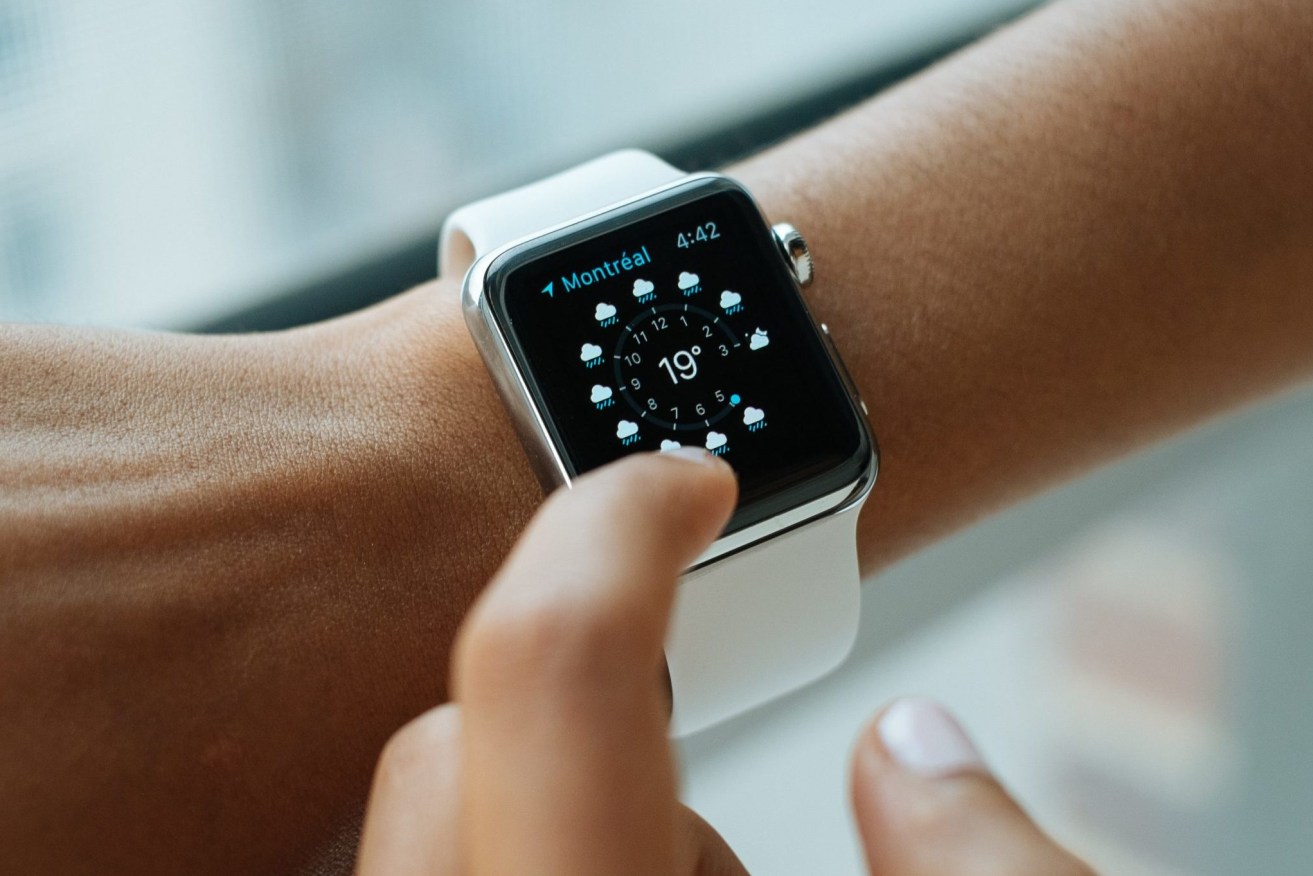In a complicated world, data is the solution, not the problem
We’ve become so afraid of how the government might use – or abuse – our data, we are overlooking ways in which it can do so much good, writes Neil Glentworth


Apple remains a stock market darling at the start of 2022. (Photo Luke Chesser, Unsplash)
By Neil Glentworth.
In ever faster and more urgent world, data is the solution, not the problem
Reading this on your phone?… good. Checking the weather… instant answer; checking your bank balance… instant answer; Wanting to know the current traffic information… instant answer; pizza for dinner tonight, where is it and when will it be at my house… instance answer; Uber and when will it arrive… instant answer; access to public services… waiting… waiting… and still waiting.
Our systems of democracy are a force for good. Our political leaders have a tough task, and, despite the rhetoric, we are well served in comparison to other countries in the Asia Pacific.
Each day they battle with significant challenges that are problematical to resolve. Vast sums of your money (in most case for productive outcomes) are committed and yet we continue to see a performance that is less than optimal.
So often, we hear “the government should”. In my experience, the government is already doing that thing you wanted from them, be it the pothole, emptying the bin, dealing with an emergency, supporting the most vulnerable or building something significant.
The government rarely gets the opportunity to say ‘NO’; its capacity and capability is more like a stretched rubber band in that it remains intact and can still work right up to breaking point. COVID-19 has taught us just how valuable our governments can be and perhaps that we have a greater role in improving outcomes.
COVID-19 in Australia is marked by one major attribute that has gone a long way to reducing the full impact of the pandemic – community compliance. Our collective willingness to follow expert advice based on data has vastly reduced the issues we see facing other countries.
While we can all point to areas of improvement, our willingness to trust health advice has produced an outcome that has enhanced our quality of life in a COVID-19 world. The question remains, “what else could we do to improve other outcomes”?
With each action of public service delivery, data is produced. I am the first person to agree that data can be used, abused, and overused.
Sadly, and often within the public sector, we see data supporting a political agenda rather solving a problem.
Data has the power to help improve our public services in the most simple and effective ways. We need to be ready to support these changes to deliver a more effective and accountable government.
Many from outside the public sector highlight how much data a government holds. Many solutions are often presented with little regard to the intricate nature of modern government.
Few individuals stop to ask, “how could my data help, what if I change my behaviour, what if I was willing to try a different model. What if I offered my data for an ‘opt in’ approach, what if I got improved service for doing so”?
Services, in real time, from transport, movies, pizza delivery and traffic has become a way of life. The benefits of the consumption economy (I want it now) has improved the way we live and the way we use our time.
By providing data to the companies, we have better access to productive services at a lower cost. So, is the public sector any different?
What if we take that same logic (and technology) and provide our frontline paramedics, nurses and doctors during the accident and emergency (A&E) process with real time data.
When you need their help, you provide those busy and hardworking people with basic details in advance. What if I could see the waiting time? What if I could help ‘load balance’ the system in real time by going to the lowest waiting time emergency department if my injury determines that I need to be promptly assessed.
None of this prevents immediate care or changes to what we have but it could help already stretched systems improve.
Could I use technology to let them know my exact location, what type of access to my location, what type of injury I have, maybe even send a photo, and add some details of how it occurred? Could this help deliver me, and the public sector, an improved outcome?
My data does offer value to the health system, in terms of telling them who I am and when I might arrive.
Recently, the Australian Therapeutic Goods Administration (TGA) approved the Irregular Rhythm Notifications for Apple Watch; in essence, your own electrocardiogram (ECG). Access to the data could help prevent and speed up a diagnosis but we must be willing to share that data.
Personal data is a powerful tool. Its use has changed so many aspects of our lives, and, in most cases, for the better. By allowing real time data to be shared with healthcare professionals we might shift the focus to the very best form of medicine – preventive.
The public sector, particularly in Queensland, is more than any other sector, faced with a mountain to climb. So, the next time you are about to complain about the government, or you find yourself saying “the government should”, ask yourself what could you do?
What data do you hold that could help improve your outcome?
Neil Glentworth is the founder and chairman of GWI a data and technology specialist company. He is also the Executive Chairman of specialist public sector advisory firm Redman Solutions.












